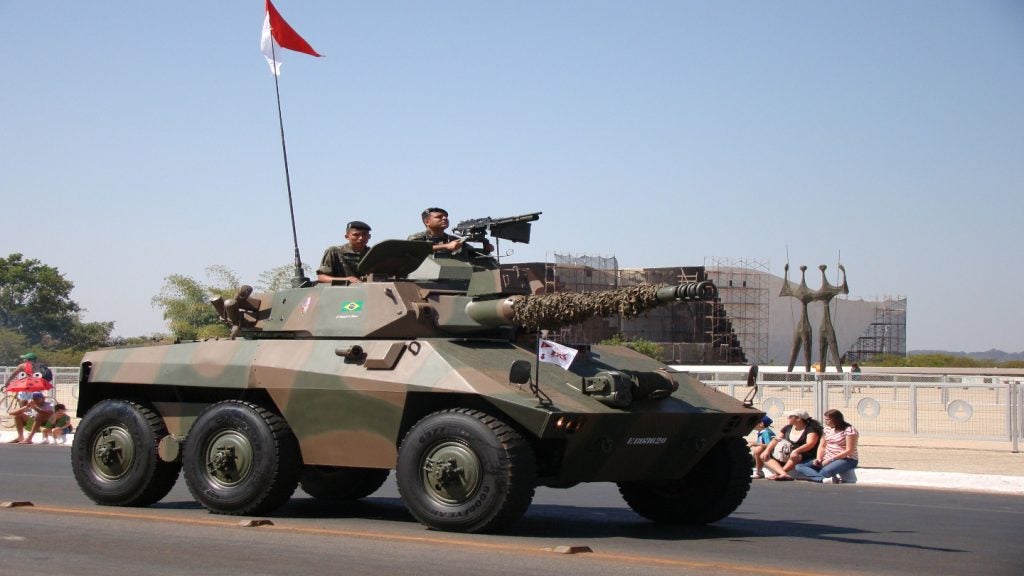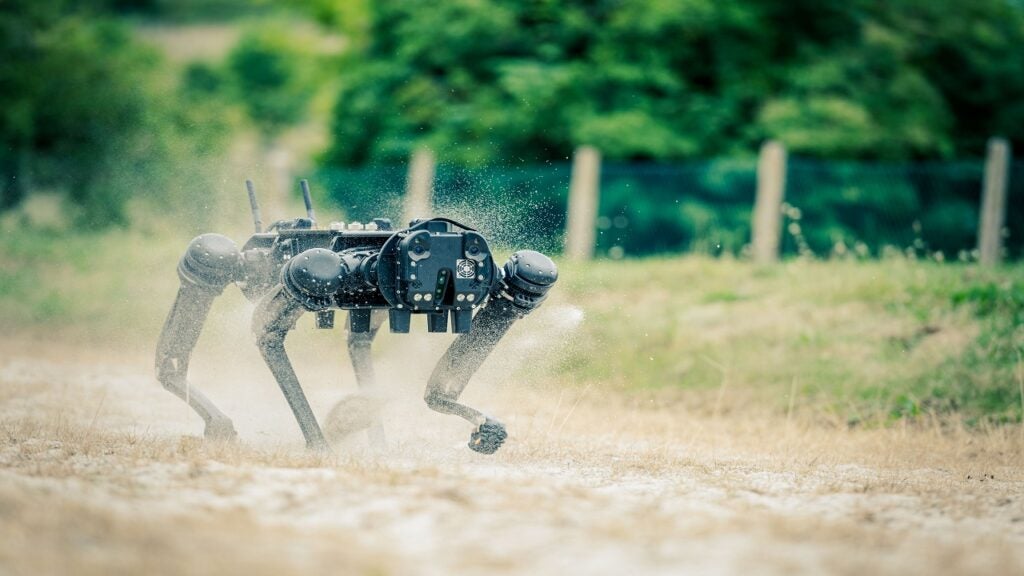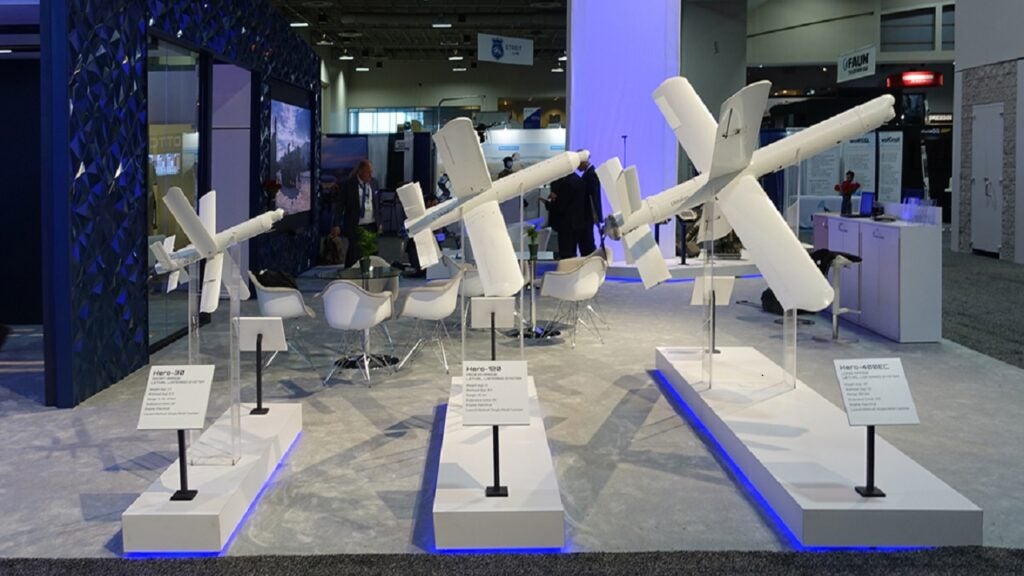
The University of California, Los Angeles (UCLA), and University of Pennsylvania (Penn) have been selected to work on the US Defense Advanced Research Projects Agency’s (DARPA) restoring active memory (RAM) programme.
The RAM programme seeks to develop and evaluate wireless, implantable therapeutic devices capable of helping US military personnel, veterans, and others overcome memory deficits incurred as a result of traumatic brain injury (TBI) or disease.
Under separate cooperative agreements with DARPA, UCLA and Penn will receive up to $15m and $22.5m respectively, to lead a multidisciplinary team to develop and test electronic interfaces that can sense memory deficits resulting from injury and attempt to restore normal function over four years.
DARPA programme manager Justin Sanchez said: "The start of the restoring active memory programme marks an exciting opportunity to reveal many new aspects of human memory and learn about the brain in ways that were never before possible..
"Despite increasingly aggressive prevention efforts, traumatic brain injury remains a serious problem in military and civilian sectors.
"Through the restoring active memory programme, DARPA aims to better understand the underlying neurological basis of memory loss and speed the development of innovative therapies."
How well do you really know your competitors?
Access the most comprehensive Company Profiles on the market, powered by GlobalData. Save hours of research. Gain competitive edge.

Thank you!
Your download email will arrive shortly
Not ready to buy yet? Download a free sample
We are confident about the unique quality of our Company Profiles. However, we want you to make the most beneficial decision for your business, so we offer a free sample that you can download by submitting the below form
By GlobalDataRAM participants aim to develop and test wireless, fully implantable neural-interface medical devices that can serve as ‘neuroprosthetics’, a technology capable of bridging the gaps that interfere with an individual’s ability to encode new memories or retrieve old ones.
DARPA will fund development of multi-scale computational models that describe how neurons code declarative memories, such as events, times, and place, among others.
The computational models are expected to be then integrated into new, implantable, closed-loop systems that can deliver targeted neural stimulation, which may ultimately help restore memory function.
While UCLA team will focus on the portion of the brain known as the entorhinal area, the Penn team’s research is based on an understanding that memory is the result of complex interactions among widespread brain regions.
DARPA has also signed a $2.5m cooperative agreement with Lawrence Livermore National Laboratory to develop an implantable neural device for the UCLA-led effort.
TBI has been diagnosed in more than 270,000 military service members since 2000, and affects an estimated 1.7 million US civilians each year.
Image: The RAM programme seeks development of an implantable technology to restore normal memory function in people with traumatic brain injury (TBI) or other disease. Photo: courtesy of DARPA.








